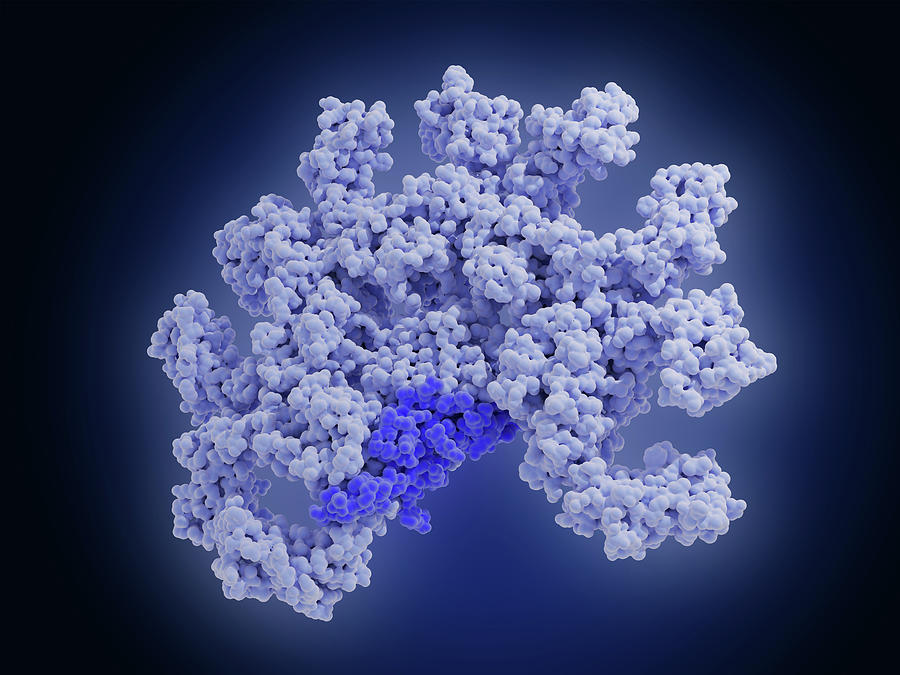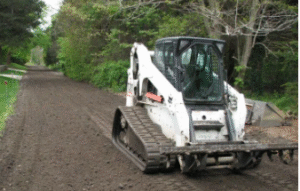Ever wondered what your body is trying to tell you when it’s not feeling quite right? When it comes to kidney health, paying attention to subtle signals can make a world of difference. At NephCure Inc., we’re dedicated to empowering individuals with knowledge about rare kidney diseases, and today, we’re diving into some crucial symptoms associated with conditions like IgM Nephropathy, Infantile Nephrotic Syndrome, and Kidney Membranous Nephropathy. Understanding these signs is the first step toward early diagnosis and better outcomes.
What Are We Talking About? A Quick Primer
Before we delve into symptoms, let’s briefly touch upon what these conditions are:
- IgM Nephropathy: This is an autoimmune kidney disease where Immunoglobulin M (IgM) antibodies, a type of protein, are abnormally deposited in the kidney’s filtering units (glomeruli). This can lead to inflammation and damage.
- Infantile Nephrotic Syndrome (INS): A rare kidney disorder that typically appears between 3 months and 1 year of age. It’s characterized by the kidneys leaking large amounts of protein into the urine.
- Kidney Membranous Nephropathy (MN): An autoimmune disease where the immune system attacks the kidney filters, causing them to become leaky and allowing too much protein to pass into the urine. It’s a common cause of nephrotic syndrome in adults.
While these conditions have distinct characteristics, they often share overlapping symptoms due to their impact on kidney function.
Decoding the Signs: Common Symptoms to Watch For
The kidneys play a vital role in filtering waste and excess fluids from the blood. When they’re not working properly, a range of symptoms can emerge. Here’s a closer look at what to watch for:
Edema: The Swelling Story
One of the most noticeable and common symptoms across all these conditions is edema, or swelling. This happens because the kidneys are losing too much protein (specifically albumin) into the urine. Albumin helps keep fluid in your blood vessels, so when it’s low, fluid can leak out into your body tissues.
- Where you might see it:
- Around the eyes (often more pronounced in the morning)
- In the legs, ankles, and feet
- In the abdomen (known as ascites)
- Generalized body swelling
Foamy Urine: A Protein Problem
If your urine consistently appears foamy, it’s a significant red flag. This “foam” is often caused by an excessive amount of protein spilling into the urine, a condition called proteinuria. Healthy kidneys should prevent large proteins from passing through.
Fatigue and Malaise: The Energy Drain
Kidney dysfunction can lead to a general feeling of being unwell, including:
- Extreme tiredness (fatigue): Your body isn’t getting the nutrients it needs, and waste products can build up.
- General discomfort (malaise): A feeling of unease or sickness that’s hard to pinpoint.
- Decreased appetite: You might not feel like eating, which can further contribute to fatigue and weight changes.
Weight Gain: Not Always a Good Sign
Sudden or unexplained weight gain, especially when accompanied by swelling, can be a symptom. This isn’t about gaining fat, but rather the accumulation of excess fluid in the body due to the kidneys’ inability to properly regulate fluid balance.
High Blood Pressure: A Silent Threat
Kidney problems can often lead to hypertension, or high blood pressure. The kidneys play a role in blood pressure regulation, and when they’re damaged, this system can go awry. High blood pressure can also further damage the kidneys, creating a challenging cycle.
Other Important Clues
Depending on the specific condition, other symptoms might include:
- Low blood albumin levels: A diagnostic finding on blood tests, directly related to proteinuria.
- High cholesterol: The body tries to compensate for protein loss by producing more cholesterol.
- Blood in the urine (hematuria): While not always visible to the naked eye, a urine test can detect microscopic amounts of blood. If visible, it might appear red or dark brown.
- Less frequent urination or passing smaller amounts: As kidney function declines, urine output can decrease.
- Dull hair and pale fingernail beds: These can be signs of nutritional deficiencies linked to protein loss.
- Food intolerance or allergies: Sometimes observed in children with Infantile Nephrotic Syndrome.
Focusing on Specifics: IgM, Infantile, and Membranous
While the above symptoms are common across various kidney diseases, let’s highlight some nuances for our focus conditions:
Here are some IgM Symptoms
As mentioned, IgM Nephropathy presents with IgM symptoms similar to general nephrotic syndrome, including:
- Proteinuria
- Edema (swelling around eyes, hands, feet, abdomen)
- Low blood albumin levels
- Foamy urine
- In some cases, high cholesterol and high blood pressure.
Early diagnosis often requires a kidney biopsy to confirm the presence of IgM deposits.
Infantile Nephrotic Syndrome Symptoms
For our youngest patients, recognizing Infantile Nephrotic Syndrome Symptoms is crucial. Beyond the general nephrotic syndrome signs, parents and caregivers should also be aware of:
- Failure to thrive (poor growth)
- Frequent, life-threatening infections
- Risk for abnormal blood clotting
- In rare cases, diarrhea and fever.
It’s vital for any infant or child exhibiting these symptoms to see a pediatric nephrologist immediately.
Kidney Membranous Nephropathy
Adults withKidney Membranous Nephropathy often present with the classic signs of nephrotic syndrome, including:
- Insidious onset of edema
- Heavy proteinuria
- Frothy urine
- Fatigue
- Weight gain
In some cases, MN can be secondary to other conditions like infections (Hepatitis B), autoimmune disorders (Lupus), or even certain cancers, so a thorough medical evaluation is essential.
Why Early Detection Matters: A Message from NephCure Inc.
At NephCure Inc., we understand the anxiety and uncertainty that can come with kidney disease. Our mission is to empower individuals and families affected by rare, protein-spilling kidney diseases. Recognizing these symptoms early and seeking prompt medical attention can significantly impact the course of the disease and improve long-term outcomes.
If you or a loved one are experiencing any of these symptoms, please consult a healthcare professional. A timely diagnosis and appropriate management plan, developed in consultation with kidney specialists, are key to navigating these complex conditions. NephCure Inc. is here to support you on your journey, providing resources, advocating for research, and building a strong community for those living with rare kidney diseases. Your health is your wealth, and we’re committed to helping you protect it.
- Decoding Kidney Clues: Spotting and Understanding Key Symptoms Early
- At NephCure Inc., we understand the anxiety and uncertainty that can come with kidney disease. Our mission is to empower individuals and families affected by rare, protein-spilling kidney diseases. Recognizing these symptoms early and seeking prompt medical attention can significantly impact the course of the disease and improve long-term outcomes.
- IgM symptoms
Related posts:
 The Rise of the Probiotic Drink: A Wellness Staple for Gut and Liver Health
The Rise of the Probiotic Drink: A Wellness Staple for Gut and Liver Health
 Empowering Senior Living: A Comprehensive Look at Elder Care Services in India
Empowering Senior Living: A Comprehensive Look at Elder Care Services in India
 Inside the Mind of Jack Allen: Crafting Military Thrillers That Grip You
Inside the Mind of Jack Allen: Crafting Military Thrillers That Grip You
 Eye Hospitals in Visakhapatnam: Advancing Vision Care in Coastal Andhra
Eye Hospitals in Visakhapatnam: Advancing Vision Care in Coastal Andhra
 What Happens If I Stop Getting Anti-Wrinkle Treatments? – Learn
What Happens If I Stop Getting Anti-Wrinkle Treatments? – Learn
 Nature’s Wrap: Exploring the Biodegradable Packaging Revolution
Nature’s Wrap: Exploring the Biodegradable Packaging Revolution
 How the Neurology and Mental Health Conference 2025 Empowers Patients
How the Neurology and Mental Health Conference 2025 Empowers Patients
 Dentist in Largo Florida – Expert Care with a Personal Touch at Blue Dental Largo
Dentist in Largo Florida – Expert Care with a Personal Touch at Blue Dental Largo








